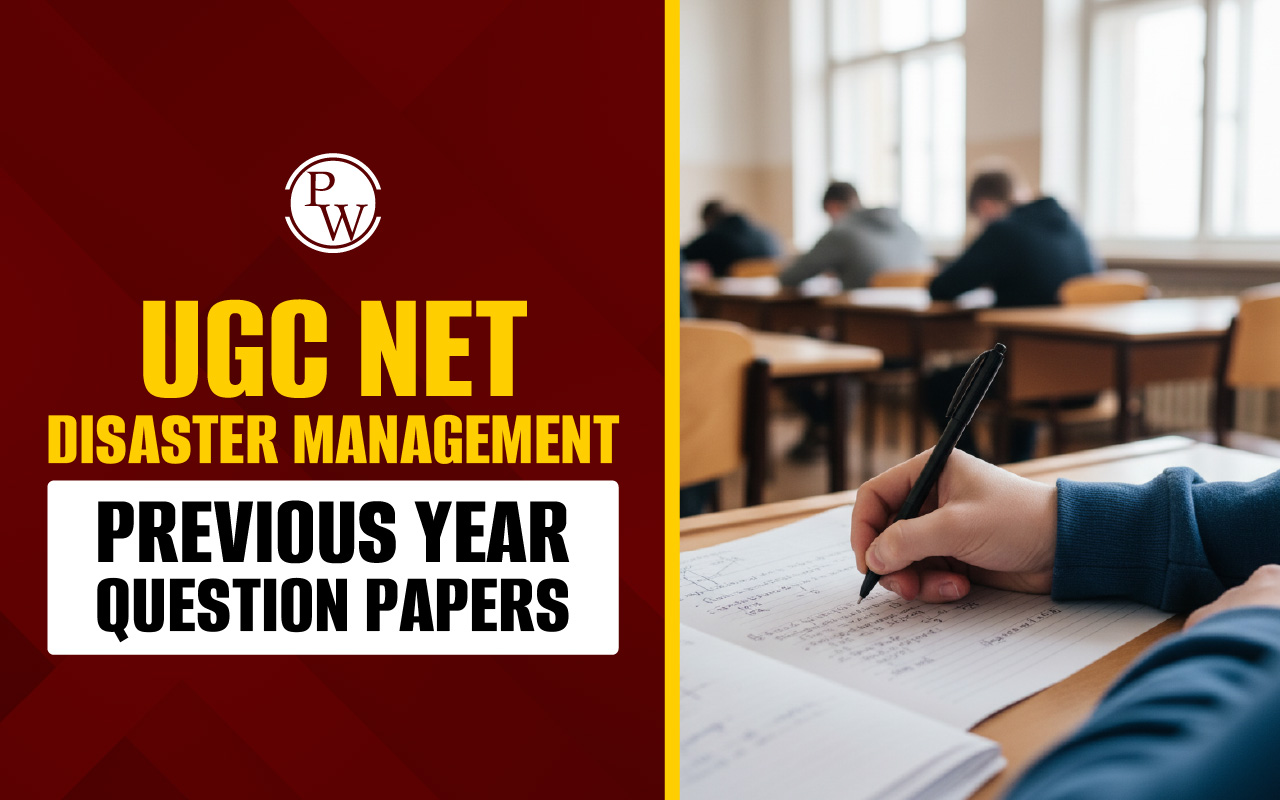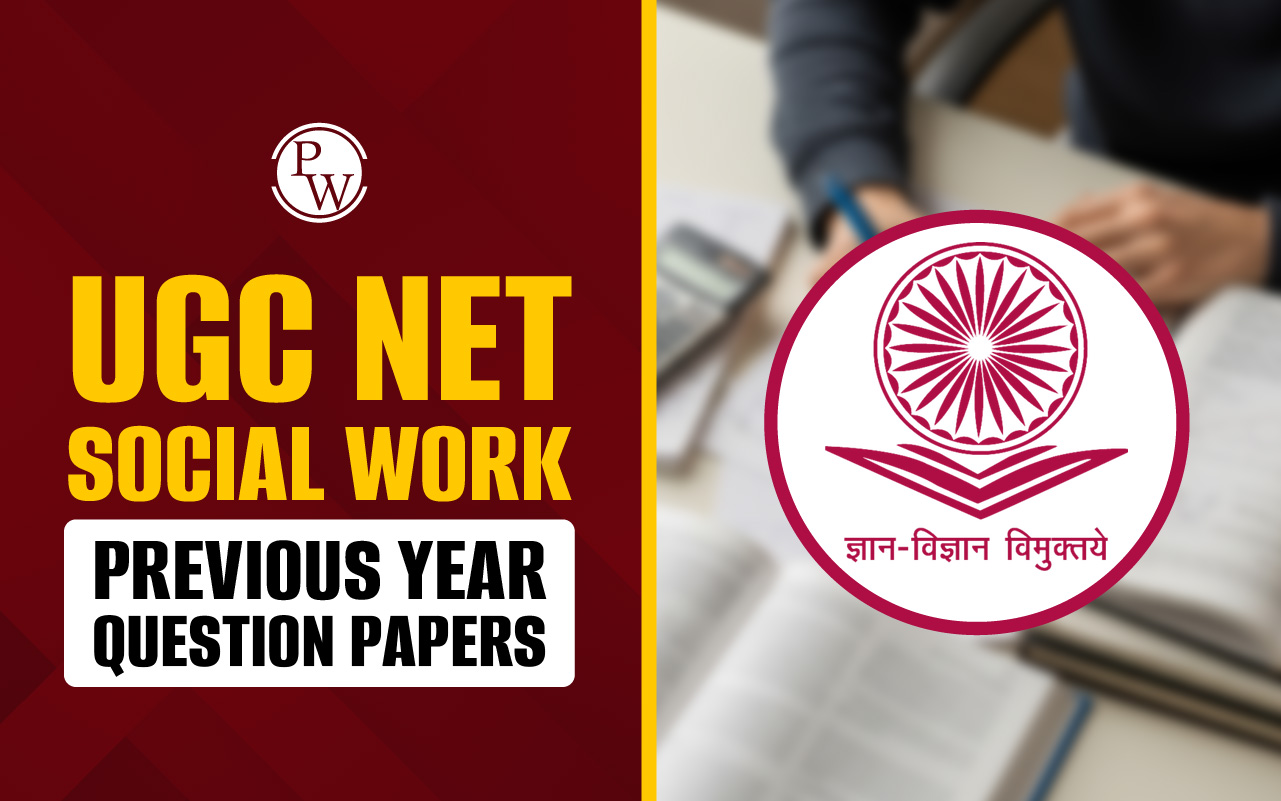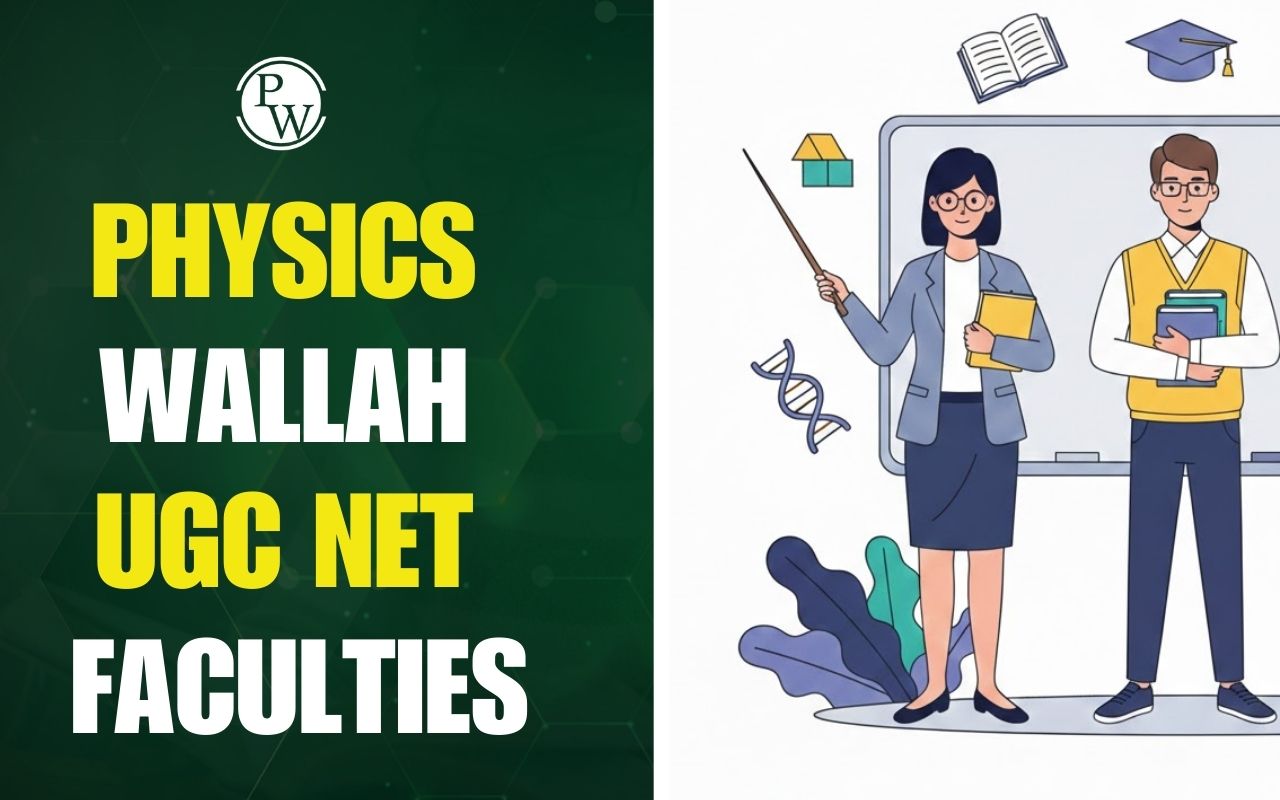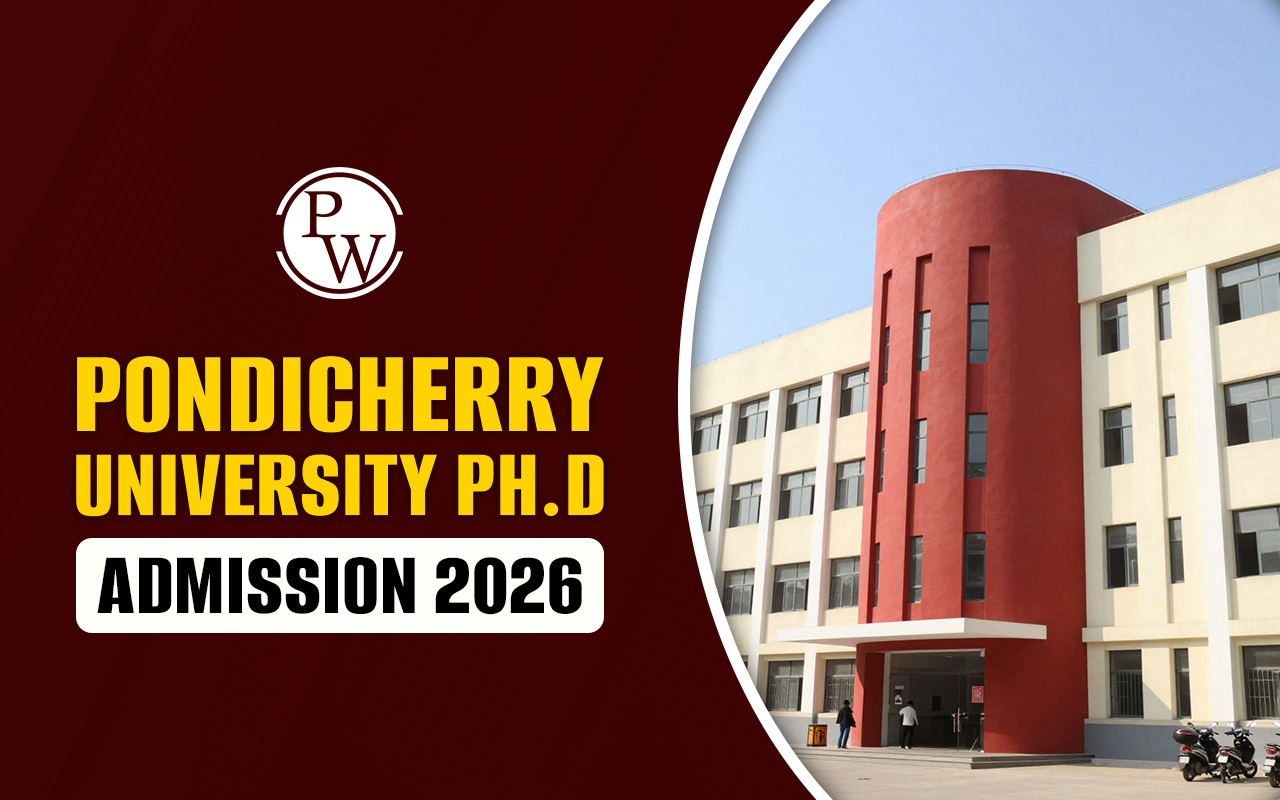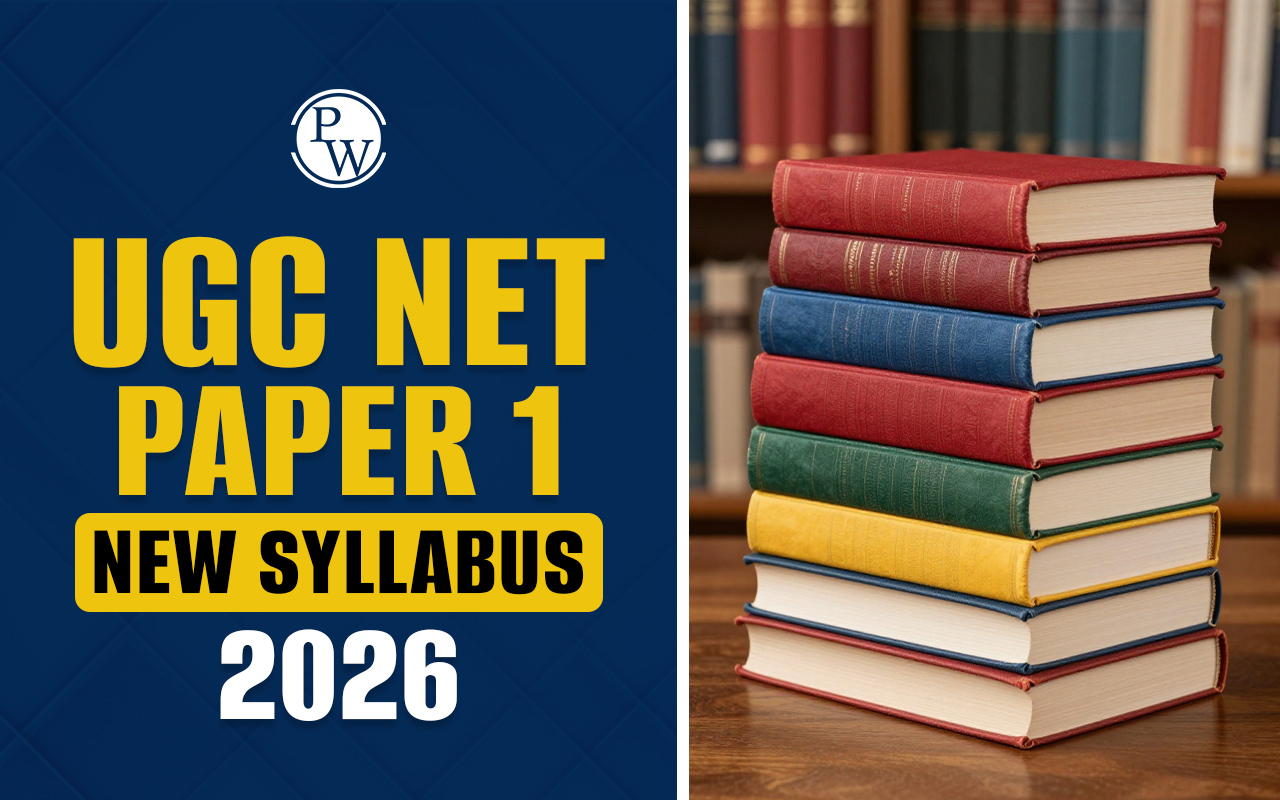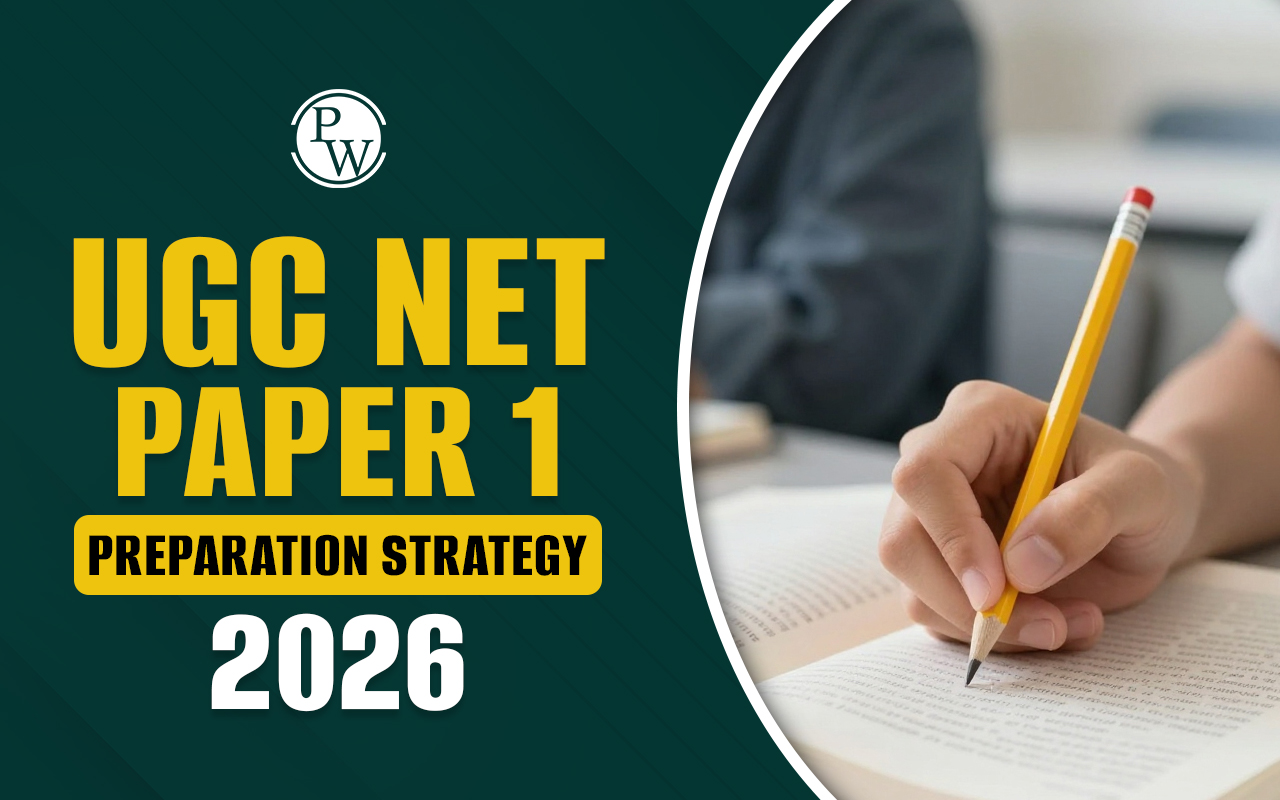
UGC NET Exam Analysis 2024 21st August Shift 2 : The UGC NET 2024 exam conducted by the National Testing Agency (NTA) on 21st August 2024 for Shift 2 is over. The online examination, held from 3:00 pm to 6:00 pm, consisted of two papers – Paper 1 and Paper 2. The examination was conducted at various centers in the country. The difficulty level of the exam was moderate, with questions ranging from easy to challenging.
UGC NET Paper 1 is common for all candidates and focuses on teaching and research aptitude, Paper 2 is subject-specific, varying according to the subject chosen by the candidate. This article provides a detailed UGC NET Exam Analysis 2024 21st August Shift 2, including the difficulty level, subject-wise breakdown, and good attempts.UGC NET Exam Analysis 2024 21st August Shift 2
The UGC NET 2024 Exam Analysis for Shift 2 on August 21st, 2024, is now available. The exam concluded at 6:00 pm today, and this analysis provides valuable insights into the types of questions asked, difficulty level, paper-wise weightage, marking scheme, and more. The exam was a well-balanced test with a moderate difficulty level, with Paper 1 being relatively easier, focusing on general aptitude. Paper 2, on the other hand, varied depending on the subject. Overall, the difficulty level of the UGC NET 2024 Shift 2 exam was Easy to Moderate.UGC NET Exam Analysis 2024 21st August Shift 2 Overview
The UGC NET exam analysis for 2024 is now available for the 21st August shift 2. The exam was conducted by the National Testing Agency (NTA) in online computer-based mode, with two papers: Paper 1 and Paper 2. Candidates who appeared for the exam can access the official website @ ugcnet.nta.nic.in , to get detailed information about the UGC NET 2024 exam.| UGC NET Exam Analysis 2024 21st August Shift 2 Overview | |
| Exam Name | UGC NET 2024 |
| Conducting Body | National Testing Agency (NTA) |
| Post Category | UGC NET Exam Analysis 2024 21st August Shift 2 |
| UGC NET 2024 Exam Date | 21 August 2024 (Shift 2) |
| Exam Level | National |
| Exam Frequency | Twice a year |
| Mode of Exam | Online (CBT Mode) |
| Exam Duration | 3 hours |
| Number of Papers | Paper 1 and Paper 2 |
| UGC NET 2024 Shift 2 Exam Time | 03:00 PM to 6:00 PM |
| UGC NET 2024 Shift 2 Exam Subject Name | English, Dogri, Spanish, Russian, Persian, Comparative Study of Religions, Hindu Studies |
| Number of Questions |
|
| Total Marks |
|
| Official Website | https://ugcnet.nta.ac.in/ |
UGC NET 2024 Exam Analysis 21st August Shift 2 Difficulty Level
UGC NET Paper 1 of the UGC NET 2024 exam is designed to assess the teaching and research aptitude of candidates. It comprises ten sections, each focusing on different skills such as reasoning, comprehension, ICT, and more. The overall difficulty level of Paper 1 in the 21st August Shift 2 was categorized as Easy to Moderate. Below is a breakdown of the sections and their corresponding difficulty levels:| UGC NET 2024 Exam Analysis 21st August Shift 2 Difficulty Level | ||
| UGC NET Paper 1 Sections | Topics Asked | Difficulty Level |
| Teaching Aptitude | This section was relatively straightforward with direct questions focusing on the teaching-learning process, methods of teaching, and student psychology. Candidates with a basic understanding of these concepts found it manageable. | Easy to Moderate |
| Research Aptitude | Research Aptitude included questions related to research methodology, types of research, and methods of data collection. Some questions required a deeper understanding of research concepts, making this section moderately challenging. | Moderate |
| Reading Comprehension | The Reading Comprehension section was considered easier by many, with passages followed by questions testing the candidates' ability to comprehend and interpret information. | Easy to Moderate |
| Communication | This section tested the candidates' understanding of communication principles, barriers to effective communication, and verbal and non-verbal communication. The questions were moderately difficult, requiring clear concepts. | Moderate |
| Maths | Questions in this section were based on basic mathematical operations, percentages, ratios, and algebraic expressions. While some found the questions straightforward, others required a bit more calculation. | Moderate |
| Logical Reasoning | Logical Reasoning tested candidates' analytical abilities and critical thinking. The section was largely easy to moderate, with questions on analogies, series, and logical sequences. | Easy to Moderate |
| Data Interpretation | The Data Interpretation section included questions based on graphs, tables, and charts. Candidates found this section moderately difficult as it required quick calculations and analysis. | Moderate |
| Information & Communication Technology (ICT) | ICT covered basic concepts related to computer systems, the internet, and digital communication. The questions were mostly easy, with a few requiring a deeper understanding of digital technology. | Easy to Moderate |
| People & Environment | This section dealt with environmental issues, human and environmental interactions, and sustainability. The questions were moderately challenging, especially those requiring specific knowledge of environmental policies. | Moderate |
| Higher Education System: Governance, Polity & Administration | Questions in this section focused on the structure and functioning of the higher education system in India, including policies, governance, and administration. The questions required a good grasp of current education policies and governance structures. | Moderate |
| Overall Difficulty Level | Easy to Moderate | |
UGC NET Exam Analysis 2024 21st August Shift 2 Good Attempts
The UGC NET Exam Analysis 2024 21st August Shift 2 has been updated here. In the Teaching Aptitude section, candidates were expected to attempt around 4-5 questions out of 7-8. The Research Aptitude section had 5 questions, and a good attempt would be around 2-3. The Communication section also had 5 questions, and a good attempt would be around 3-4. In the Reasoning and Logical Reasoning sections, candidates should have attempted around 2-3 questions out of 5. The Data Interpretation section also had 5 questions, and a good attempt would be around 2-3. The Information & Communication Technology (ICT) section had 5 questions, and a good attempt would be around 3-4. The People & Environment section had 2-3 questions, and a good attempt would be around 1-2. The Higher Education System: Governance, Polity & Administration section had 3-4 questions, and a good attempt would be around 2-3. Overall, the total number of questions was 50, and a good attempt would be around 43-46 questions.| UGC NET Exam Analysis 2024, 21st August Shift 2 Good Attempts | ||
| Sections/Subjects | Number of Questions asked | Good Attempts |
| Teaching Aptitude | 7-8 | 4-5 |
| Research Aptitude | 5 | 2-3 |
| Communication | 5 | 3-4 |
| Reasoning (including Maths) | 5 | 2-3 |
| Logical Reasoning | 5 | 3-4 |
| Data Interpretation | 5 | 2-3 |
| Information & Communication Technology (ICT) | 5 | 3-4 |
| People & Environment | 2-3 | 1-2 |
| Higher Education System: Governance, Polity & Administration | 3-4 | 2-3 |
| Total | 50 | 43-46 |
UGC NET Exam Analysis 2024 21st August Shift 2 Subject Wise
UGC NET Paper 2 varied depending on the candidate's chosen subject. The overall difficulty of Paper 2 in the 21st August Shift 2 ranged from Easy to Moderate across different subjects. Below is a brief UGC NET Exam Analysis 2024 21st August Shift 2, Subject Wise:| UGC NET Exam Analysis 2024 21st August Shift 2 Subject Wise | ||||
| Subjects | Topics Asked | Number of Questions | Difficulty Level | Good Attempts |
| English | The English section included questions on literary theory, criticism, and major works of literature. | 100 | Easy to Moderate | 75-78 |
| Dogri | Dogri included questions on literature, language, and cultural history. | 100 | Easy to Moderate | 75-78 |
| Spanish | The Spanish section tested candidates on grammar, translation, and literature. | 100 | Easy to Moderate | 75-78 |
| Russian | Russian covered linguistic theories, literature, and translation. | 100 | Moderate | 70-72 |
| Persian | Persian covered questions on classical and modern literature, grammar, and translation. | 100 | Easy to Moderate | 75-78 |
| Comparative Study of Religions | The comparative study of religions covered questions on a comprehensive understanding of the world's major religions, their historical development, central tenets, rituals and practices, as well as their interaction and comparative aspects. | 100 | Easy to Moderate | 75-78 |
| Hindu Studies | Hindu Studies covered questions on Tattva Vimarsa, Dharma And Karma Vimarsa, Punarjanama-Bandhan-Moksa Vimarsa, Pramana Siddhanta, Vada Parampara, Applicability of Western Methods For Understanding Indian Texts, etc. | 100 | Moderate | 70-72 |
UGC NET 2024 Marking Scheme
The UGC NET Paper 1, which is common for all candidates, the test consists of 50 multiple-choice questions, with a total mark of 100 and a mark per question of 2. There is no provision for negative marking. On the other hand, Paper 2 is subject-specific, consisting of 100 multiple-choice questions, with a total mark of 200 and a mark per question of 2. Like Paper 1, there is no negative marking for Paper 2.| UGC NET 2024 Marking Scheme | |
| UGC NET 2024 Paper 1 | UGC NET 2024 Paper 2 |
|
|
UGC NET Exam Analysis 2024 21st August Shift 2 FAQs
What was the overall difficulty level of the UGC NET 2024 exam on 21st August Shift 2?
The overall difficulty level of the exam was categorized as Easy to Moderate. Paper 1 was relatively easier, focusing on general aptitude, while Paper 2 varied depending on the subject.
Is there negative marking in the UGC NET exam?
No, there is no negative marking for incorrect answers in both Paper 1 and Paper 2.
What was the difficulty level of UGC NET Paper 1?
Paper 1 had an Easy to Moderate difficulty level. It covered topics such as Teaching Aptitude, Research Aptitude, Reading Comprehension, Communication, Maths, Logical Reasoning, Data Interpretation, ICT, People & Environment, and Higher Education System.
Talk to a counsellorHave doubts? Our support team will be happy to assist you!

Free Learning Resources
PW Books
Notes (Class 10-12)
PW Study Materials
Notes (Class 6-9)
Ncert Solutions
Govt Exams
Class 6th to 12th Online Courses
Govt Job Exams Courses
UPSC Coaching
Defence Exam Coaching
Gate Exam Coaching
Other Exams
Know about Physics Wallah
Physics Wallah is an Indian edtech platform that provides accessible & comprehensive learning experiences to students from Class 6th to postgraduate level. We also provide extensive NCERT solutions, sample paper, NEET, JEE Mains, BITSAT previous year papers & more such resources to students. Physics Wallah also caters to over 3.5 million registered students and over 78 lakh+ Youtube subscribers with 4.8 rating on its app.
We Stand Out because
We provide students with intensive courses with India’s qualified & experienced faculties & mentors. PW strives to make the learning experience comprehensive and accessible for students of all sections of society. We believe in empowering every single student who couldn't dream of a good career in engineering and medical field earlier.
Our Key Focus Areas
Physics Wallah's main focus is to make the learning experience as economical as possible for all students. With our affordable courses like Lakshya, Udaan and Arjuna and many others, we have been able to provide a platform for lakhs of aspirants. From providing Chemistry, Maths, Physics formula to giving e-books of eminent authors like RD Sharma, RS Aggarwal and Lakhmir Singh, PW focuses on every single student's need for preparation.
What Makes Us Different
Physics Wallah strives to develop a comprehensive pedagogical structure for students, where they get a state-of-the-art learning experience with study material and resources. Apart from catering students preparing for JEE Mains and NEET, PW also provides study material for each state board like Uttar Pradesh, Bihar, and others
Copyright © 2026 Physicswallah Limited All rights reserved.


